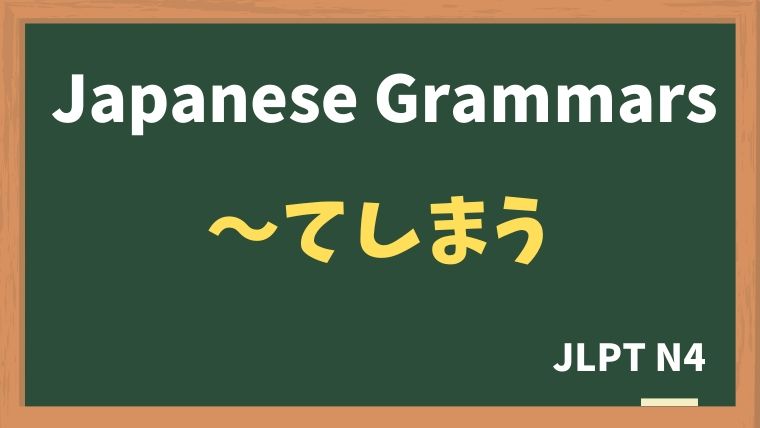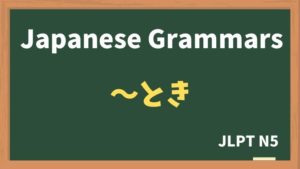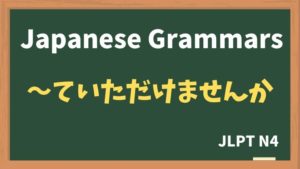
Explanation:〜てしまう
fa-check-circleMeaning
① "the action has been completed."
② do negative action unintentionally. / something regrettable happens.
Used to indicate the completion of an action, often with an added nuance of regret, finality, or sometimes even surprise. This expression can make an action sound either unfortunate or unintended, or simply emphasize that it was done completely.
fa-check-circleForm
V(te form)+ しまった
fa-check-circleJLPT Level
N4
Sample sentenes 1
友達に 借りた本を 1日で 全部 読んでしまった。
I finished reading the books that I borrowed from my friend, in a day.
パーティーのために 用意した お酒を ジェームスさんが 全部 飲んでしまった。
James finished drinking all the sake that we prepared for the party.
トムさんは 夏休みの 宿題を 1日で やってしまった。
Tom finished doing his summer vacation homework, in a day.
Sample sentenes 2
家に めがねを 忘れて 来てしまった。
I forgot my glasses at home unfortunately.
昨日、 宿題を しないで 寝てしまった。
I slept without doing my homework yesterday unfortunately.
今朝 寝坊してしまった。
I overslept this morning.
友達に 借りたカメラを 落として 壊してしまった。
I unintentionally dropped and broke the camera that I borrowed from my friend.
料理をしているとき 包丁で 指を 切ってしまった。
I cut my finger with the knife unintentionally while I was cooking.
Vocabulary
| Japanese | English |
| ぜんぶ | everything / all |
| よういする | to prepare |
| なつやすみ | summer vacation |
| しゅくだい | homework |
| けさ | this morning |
| ねぼうする | to oversleep |
| おとす | to drop |
| こわす | to break |
| ほうちょう | kitchen knife |
| ゆび | finger |






